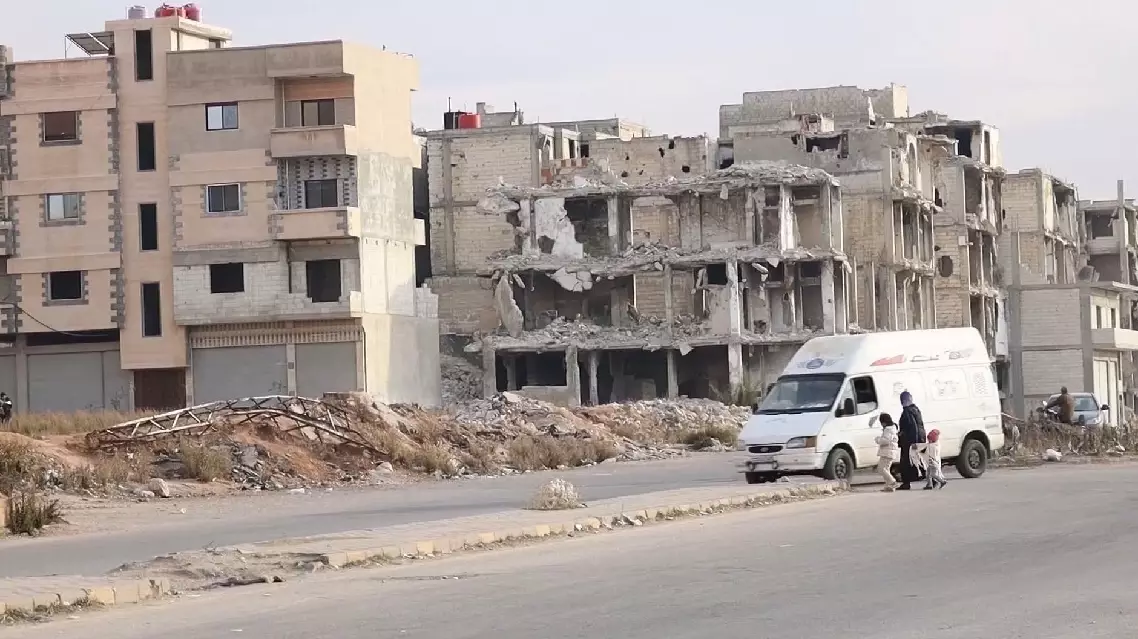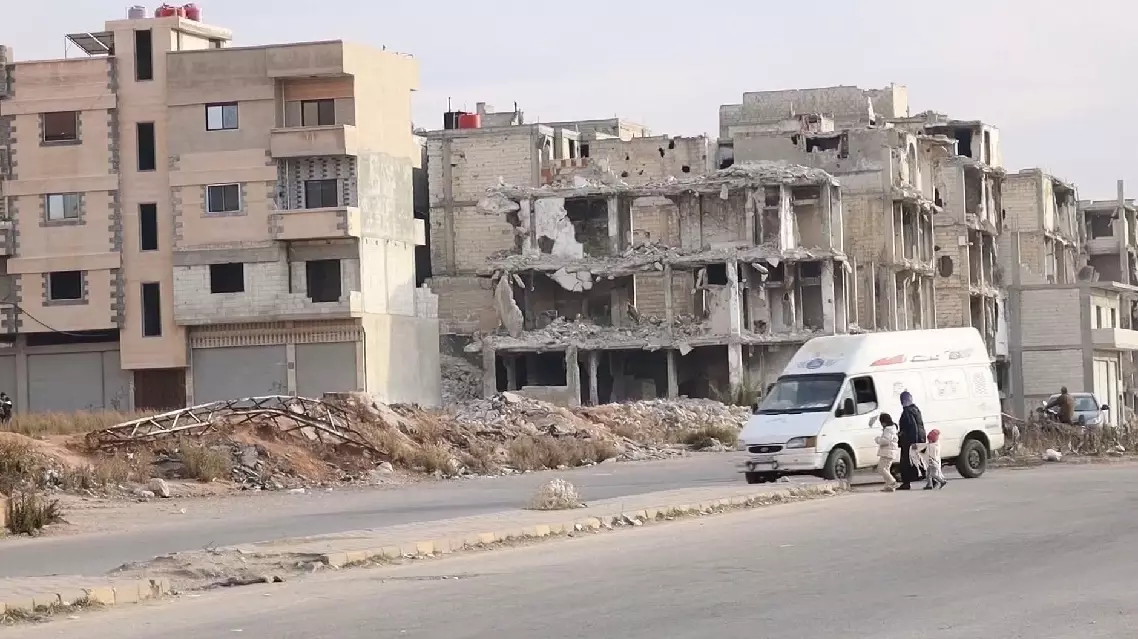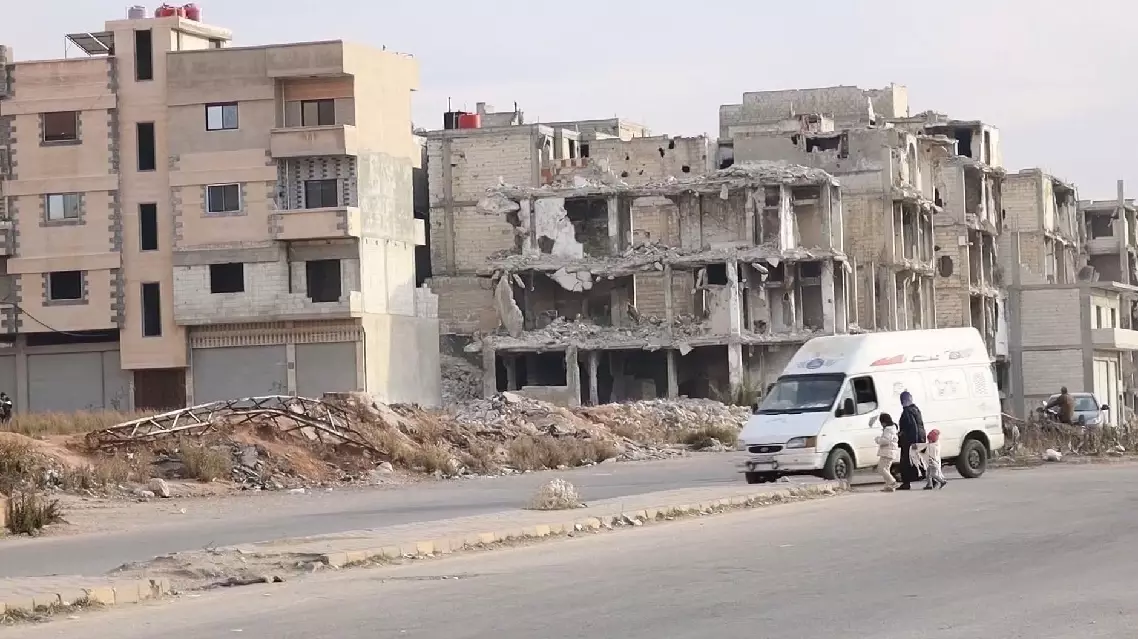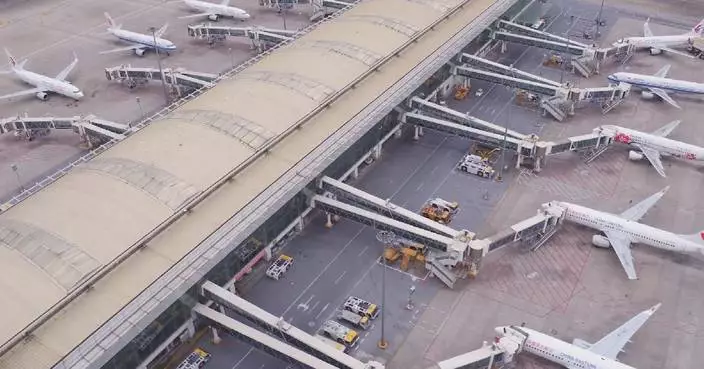More than 125,000 Syrian refugees who have recently returned to Syria are facing severe challenges, including inadequate shelter, healthcare, and economic opportunities, according to the United Nations High Commissioner for Refugees (UNHCR).
Despite hopes that political changes in Syria would pave the way for their return, many refugees are confronting critical shortages in basic services. These difficulties persist amid the country's ongoing struggles, which have left much of Syria devastated by years of conflict.
Syria remains the source of world's largest refugee crisis, with more than 14 million Syrians displaced since 2011. While there have been hopes for stability following recent political developments, the country's devastation from years of conflict continues to pose significant challenges for those returning.
Nearly 15 million Syrians now require healthcare, while 13 million face acute food insecurity, and many are struggling with shelter shortages amid harsh winter conditions. Ongoing instability in areas under Caretaker Authorities, marked by continuing clashes, has compounded these issues.
At a briefing this week to the UN Security Council, Thomas Fletcher, the UN under-secretary-general for humanitarian affairs and emergency relief coordinator, underscored the importance of facilitating aid, noting that sanctions should not obstruct humanitarian support.
"We need to ensure efficient flow of support into and through Syria. This means that any sanctions should not impede humanitarian support. The United States' announcement of a new General License covering transactions with Syrian governing institutions also provides a welcome signal. It also means support for and from Syria's neighbors," said Fletcher. The UN says it needs 73.2 million U.S. dollars over the next six months to support more than 1.1 million people. Officials say they urgently need shelter, water, and health services, warnings that it is time now to turn words into actions.

125,000 Syrian refugees face desperate conditions after returning home: UNHCR

125,000 Syrian refugees face desperate conditions after returning home: UNHCR

125,000 Syrian refugees face desperate conditions after returning home: UNHCR









